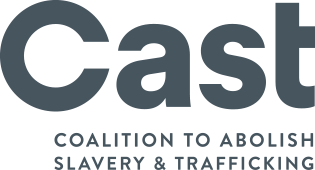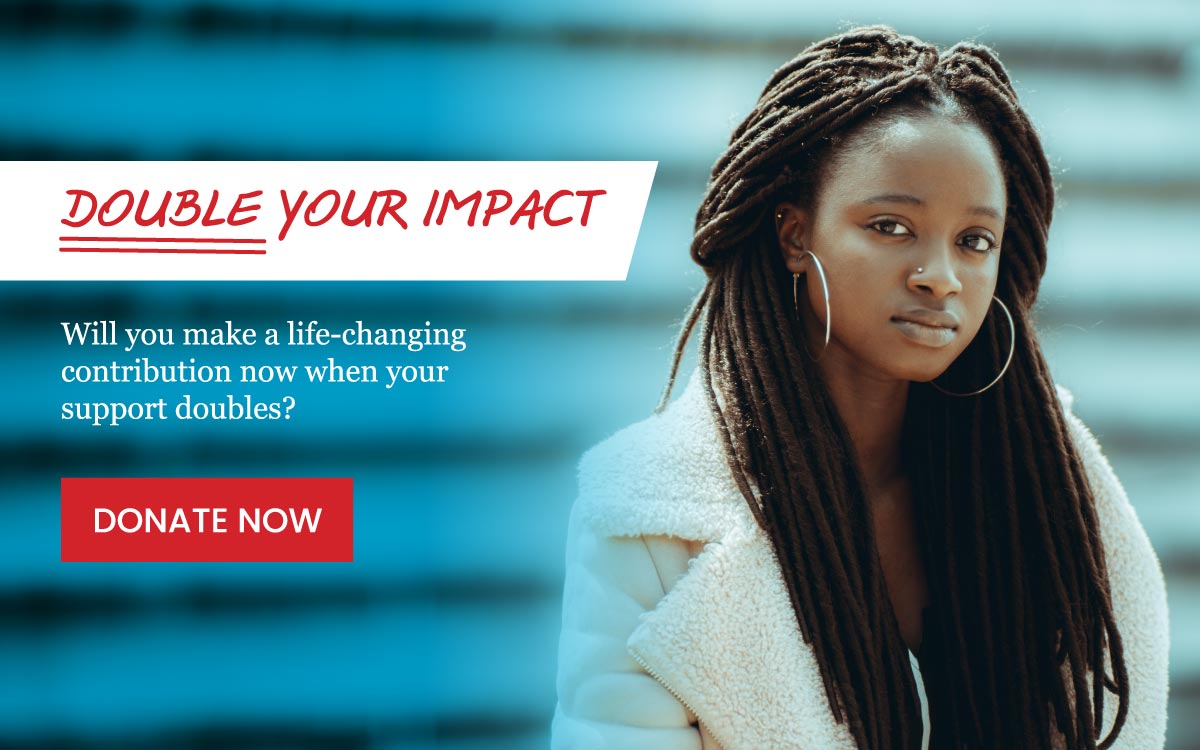The Center for Violence Prevention and Recovery at Beth Israel Deaconess Medical Center (BIDMC) has launched a new initiative to assist and support individuals exploited through sex and labor trafficking in collaboration with the Center for Community Health and Health Equity’s Violence Intervention and Prevention Programs at Brigham and Women’s Hospital.
Made possible by a Field-Generated Innovations grant from the United States Office of Victims of Crime, the Trafficking Intervention Project leverages the expertise of BIDMC and the Brigham to expand trauma-informed support services to trafficking survivors.
Research published in the Annals of Health Law shows that as many as 87 percent of trafficked persons report seeing a health care provider during their trafficking situation. Yet, according to a survey report from the Coalition to Abolish Slavery & Trafficking, very few individuals are identified as trafficking victims or asked any psycho-social assessment questions that would further explore red-flag indicators of human trafficking.
“Health care can offer a critical access point for survivors, but we are missing opportunities to assist people in vulnerable and dangerous situations,” said Cynthia Kennedy, LICSW, Project Lead for this initiative in BIDMC’s Center for Violence Prevention & Recovery. “Through this three-year project, we will train health care providers to identify potential signs of trafficking and enable them to both talk about the issue with patients and meet the comprehensive needs of this hidden population.
Human trafficking is a significant public health issue that went largely unrecognized until the Trafficking Victims Protection Act was passed in 2000, making it a federal crime. While there is no official number of human trafficking victims in the United States, the National Human Trafficking Hotline has reported that it receives an average of 150 calls per day.
“Given the health and mental health risks associated with human trafficking, this grant will allow BIDMC to train providers on the signs and indicators of trafficking and to provide care and support to individuals at a critical time in their lives,” said Barbara Sarnoff Lee, LICSW, Senior Director of Social Work & Patient and Family Engagement at BIDMC.
Advocates and a peer specialist will support individuals impacted by trafficking with a range of needs, including medical care, substance use recovery, housing, counseling, legal advocacy, training, employment, food and clothing. Valuing the expertise of community-based, survivor-led organizations, the Trafficking Intervention Project will partner with RIA House, a service organization providing community-based services in Massachusetts to adult women who have experienced sexual slavery, and Jasmine Grace Outreach, formerly Bags of Hope, an organization that provides direct outreach services to empower women to move beyond exploitation to freedom, who will advise the hospitals on best practices in caring for those impacted by trafficking.
“We are eager to learn from survivors about what they need and how the health care system can best respond with care and compassion,” said Jessica Loftus, LICSW, Clinical Program Director of Violence Intervention and Prevention Programs at the Brigham. “We are grateful for this chance for creative problem-solving and innovation.”

